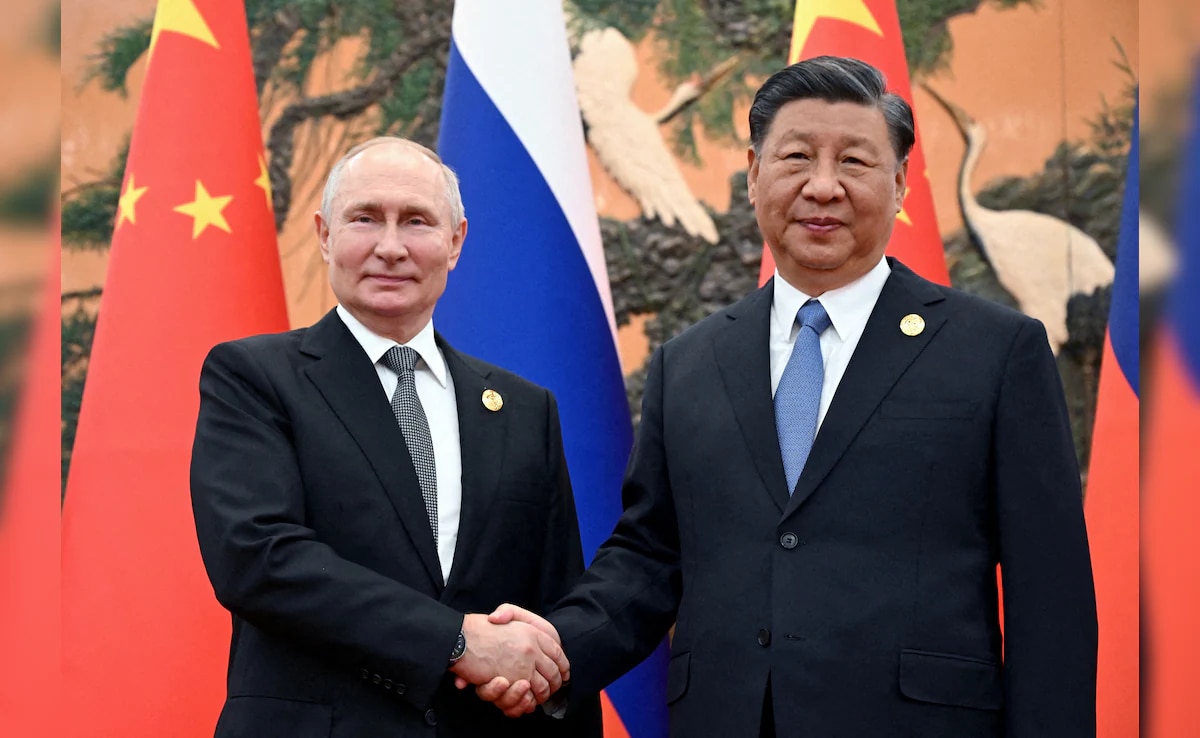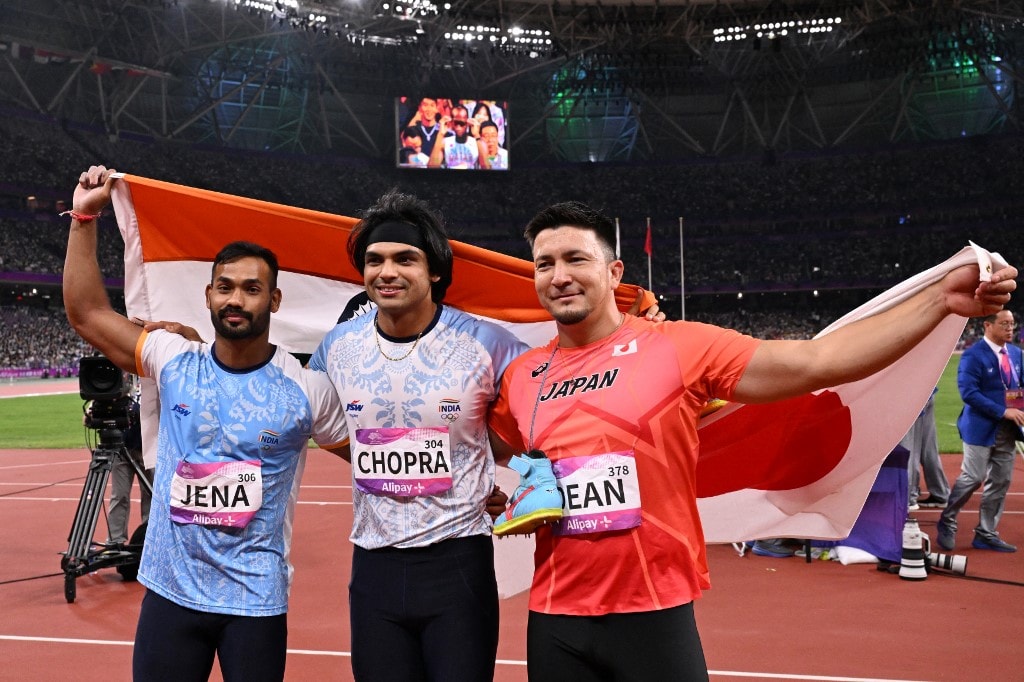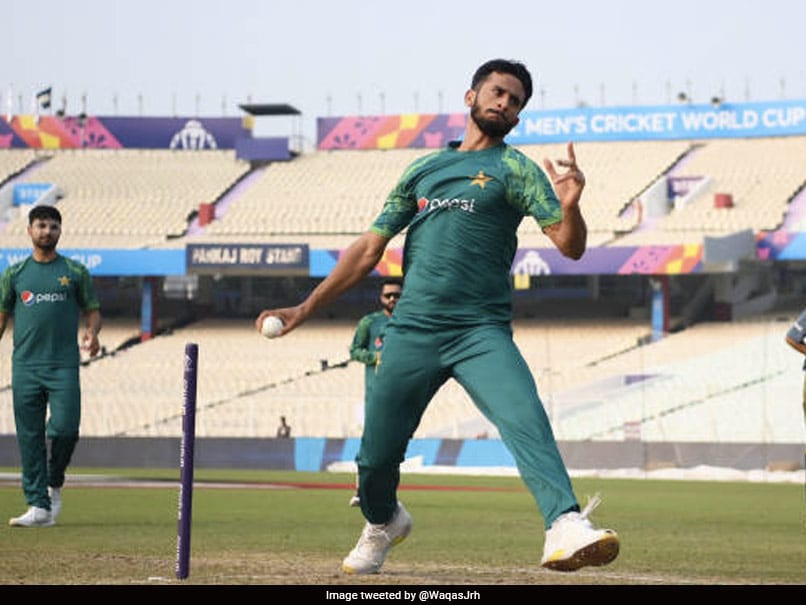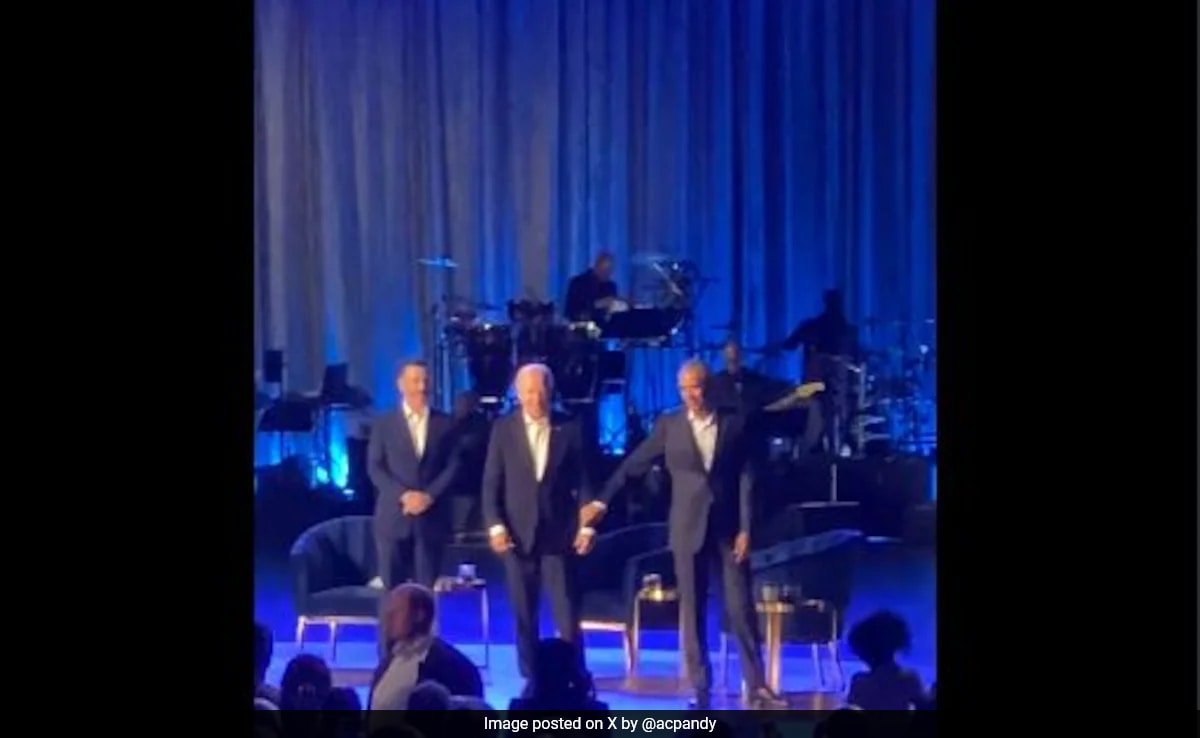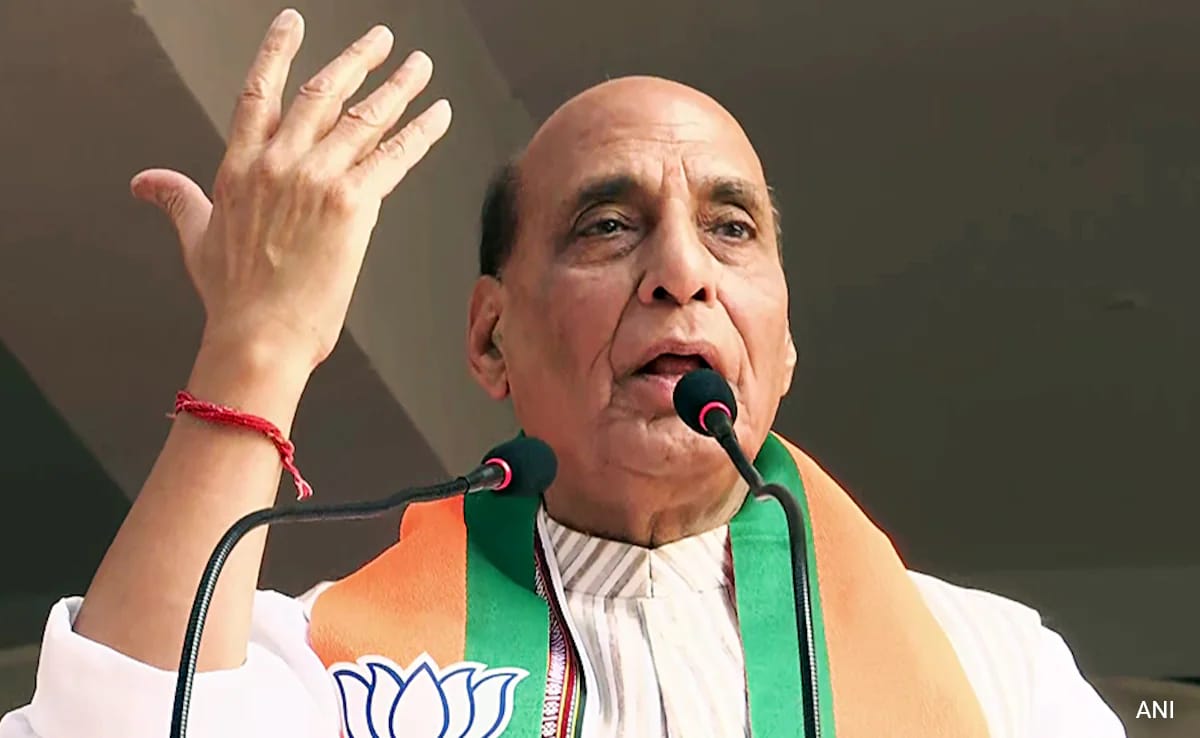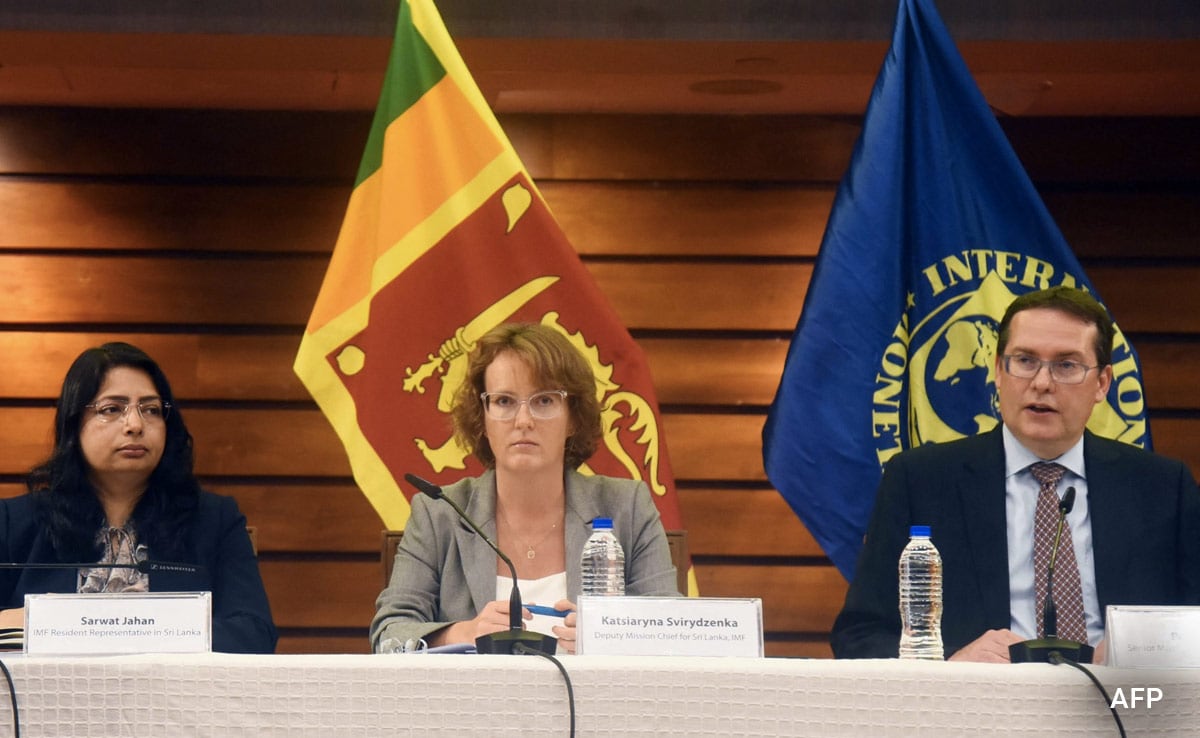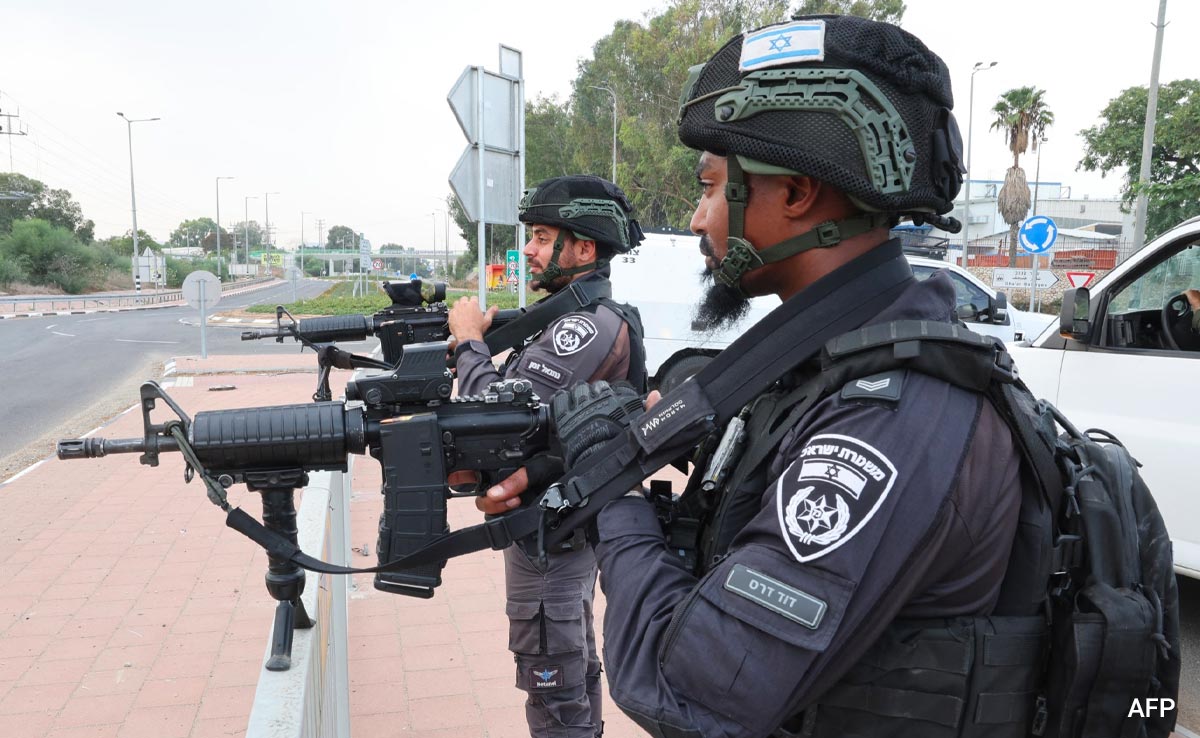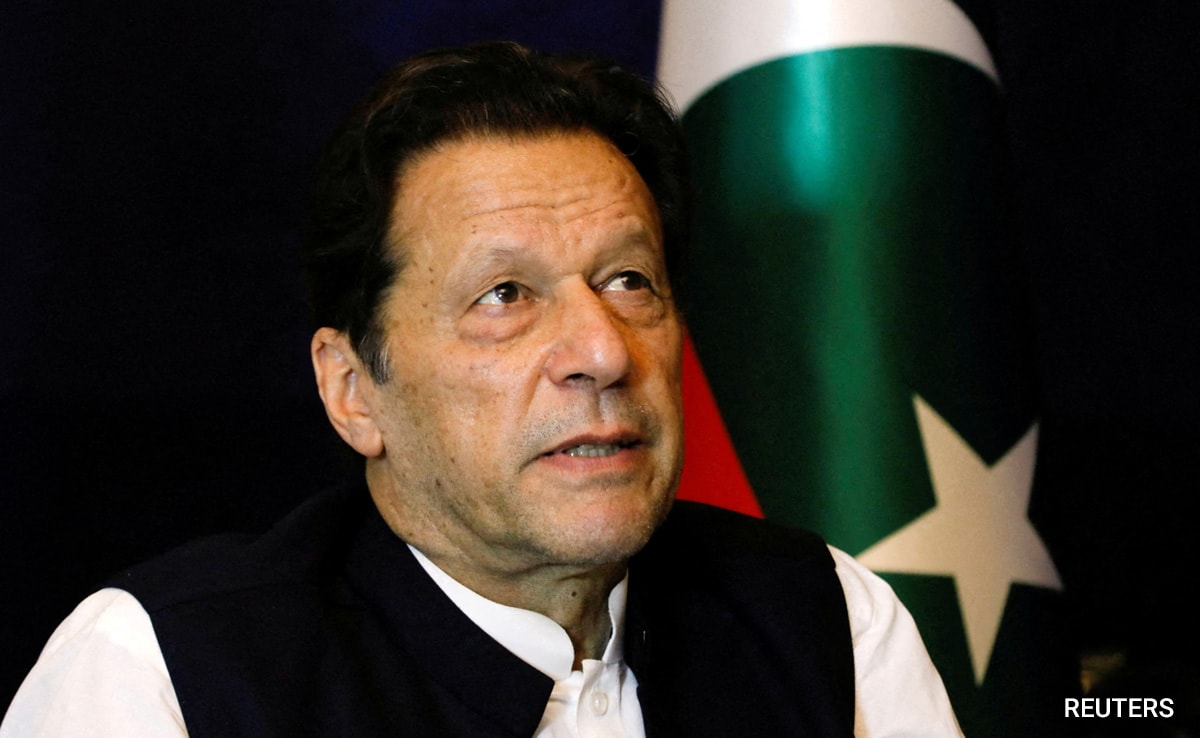Military police block entry to Plaza Murillo in La Paz, Bolivia, Wednesday, June 26, 2024. Armored vehicles rammed into the doors of government palace located in Plaza Murillo, on Wednesday, as President Luis Arce said the country faced an attempted coup.
| Photo Credit: AP
Armoured vehicles rammed the doors of Bolivia’s government palace Wednesday in an apparent coup attempt against President Luis Arce, but he vowed to stand firm and named a new army commander who ordered troops to stand down.
The soldiers later pulled back as supporters of Arce waved Bolivian flags and cheered in a central square.
In a video of Arce surrounded by ministers in the palace, the Bolivian leader said: “Here we are, firm in Casa Grande, to confront any coup attempt. We need the Bolivian people to organize.”
Arce confronted the general commander of the army — Juan José Zúñiga, who appeared to be leading the rebellion — in the palace hallway, as shown on video on Bolivian television. “I am your captain, and I order you to withdraw your soldiers, and I will not allow this insubordination,” Arce said.
Before entering the government building, Zúñiga told journalists in the plaza: “Surely soon there will be a new Cabinet of ministers; our country, our state cannot go on like this.” But, he said, “for now” he recognizes Arce as commander in chief.
Zúñiga did not explicitly say he’s leading a coup, but in the palace, with bangs echoing behind him, he said the army was trying to “restore democracy and free our political prisoners.”
In a message on his X account, Arce called for “democracy to be respected.” It came as Bolivian television showed two tanks and a number of men in military uniform in front of the government palace.
“We cannot allow, once again, coup attempts to take the lives of Bolivians,” he said from inside the palace, surrounded by government officials, in a video message sent to news outlets.
An hour later, Arce announced new heads of the army, navy and air force amid the roar of supporters. Video showed troops setting up blockades outside the government palace.
“I order all that are mobilized to return to their units, said the newly named army chief José Wilson Sánchez. “No one wants the images we’re seeing in the streets.”
Soon after troops and armored vehicles start pulling back from Bolivia’s presidential palace.
The leadership of Bolivia’s largest labor union condemned the action and declared an indefinite strike of social and labor organizations in La Paz in defense of the government.
The incident was met with a wave of outrage by other regional leaders, including the Organization of American States; Gabriel Boric, the president of neighboring Chile; the leader of Honduras, and former Bolivian leaders.
Bolivia, a country of 12 million people, has seen intensifying protests in recent months over the economy’s precipitous decline from one of the continent’s fastest-growing two decades ago to one of its most crisis-stricken.
The country also has seen a high-profile rift at the highest levels of the governing party. Arce and his one-time ally, leftist icon and former President Evo Morales, have been battling for the future of Bolivia’s splintering Movement for Socialism, known by its Spanish acronym MAS, ahead of elections in 2025.

